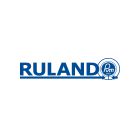
Choosing the right coupling for an application involves many performance factors including: shaft misalignment, RPM, space requirements, torque to name a few. Ruland couplings are available in a range of different styles, sizes, and materials and matching a shaft coupling with these factors is critical to system performance. Our couplings experts can help you select the correct coupling that will match your application requirements.
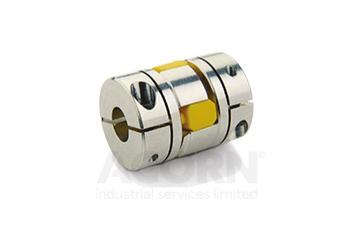
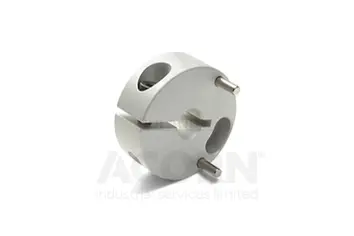
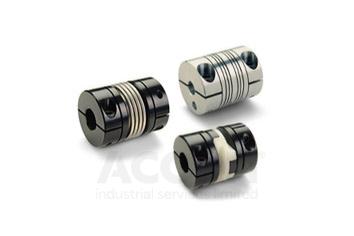
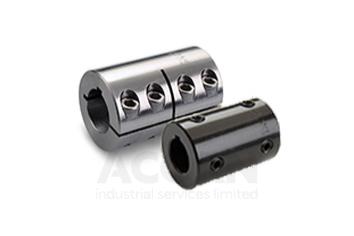
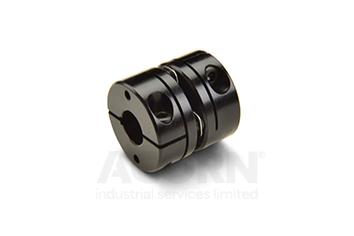
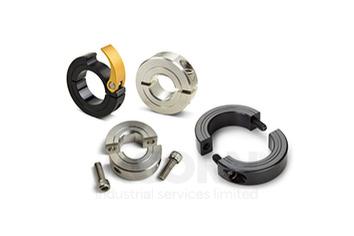
What Makes Ruland Rigid Couplings Different?
Precision Honed Bores: Ruland use a proprietary honing process to ensure bore collinearity in their rigid couplings. This ensures consistent bore-to-shaft surface contact for increased torque capabilities and a more precise fit. It also prevents the coupling from introducing misalignment into the system, which protects system components such as bearings, shafts, motors, and ball or lead screws.
Nypatch Hardware: In rigid couplings, hardware is critical. Ruland treat all clamp style rigid coupling hardware with their proprietary Nypatch anti-vibration coating that ensures that the screws seat correctly, do not gall, and can be removed and reinstalled. This leads to better and more consistent coupling performance. It also removes the need to treat hardware yourself, saving a considerable amount of time in assembly.
Bore Sizes: Ruland manufactures rigid couplings with standard bore sizes from 1/8" to 2" and 3mm to 50mm. Bores are available with keyways and in stepped sizes to make fitting them into your design simple.
Materials: Ruland offers rigid couplings in 2024 aluminum for light weight and low inertia when compared to other standard materials. This makes them more suitable for highly responsive systems. They also manufacture them in 1215 lead free steel for high torque and in 303 stainless steel for corrosion resistance.